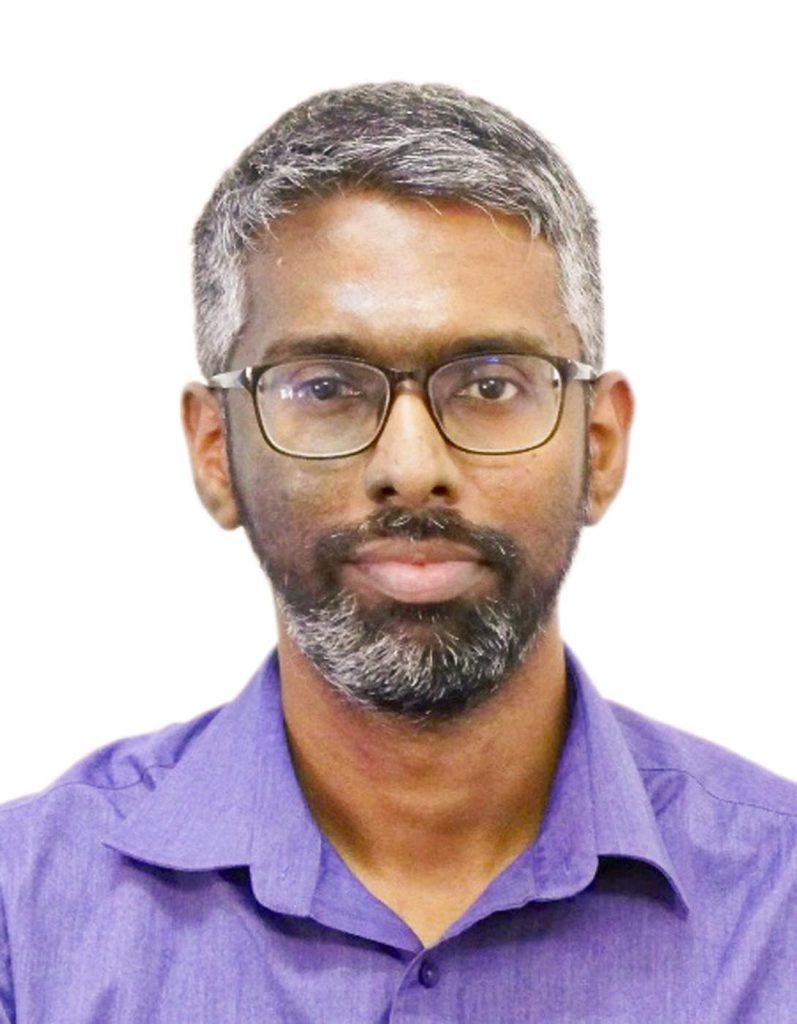How my grandparents’ traditions ignited my curiosity and a lifetime of religious practice
By Raam Kumar Rajentharan
I am of tamil descent, born and raised in Malaysia within an extended family structure. My childhood and adolescence were deeply shaped by my grandparents, who nurtured me in the core practices and beliefs of Hinduism. This foundation profoundly influenced my personal and spiritual development.
My grandparents, who served as my primary caretakers, instilled in me the values and traditions of our faith. My grandfather’s teachings were based on the principles passed down from his father, and my grandmother’s beliefs were similarly influenced by her father. My grandfather, originally a tailor from Karaikudi in Tamil Nadu, migrated to Malaysia in 1956, where he initially continued his trade before eventually becoming a school security guard. My grandmother was born in Malaysia to a man from Kerala who was a teacher of local traditions before working as a laborer.
A pivotal aspect of my upbringing was the daily application of vibhuti (holy ash) on my forehead, a practice emphasized both in the morning and at night before bed. This routine was not just about religious observance; it also served as a constant reminder of the related concept of impermanence. This ash underscores life’s fleeting nature and the importance of maintaining spiritual mindfulness amidst the pursuit of earthly legacies. “Apply vibhuti” became a philosophical maxim for embracing life’s transitory state and fostering equanimity.
I was also taught to recite hymns from a young age, which included Ainthu Karathanai, a prayer to Ganesha composed by the Tamil saint Tirumular in his tenth-century Tirumantiram. This hymn, describing Ganesha as a Deity of wisdom with an elephant face and five limbs, taught me to view the Divine with affection and reverence. Another hymn I learned during my adolescence was Thodudaiya Seviyan, by the child prodigy saint Jnana Sambhandar. This hymn opened up further insights into the lives of the saints of the bhakti movement, which emphasizes a personal devotion to the Divine.
Bedtime stories told by my grandmother about figures like Adi Shankara, a philosopher and theologian, also enriched my understanding. These stories depicted his life choices, such as his commitment to celibacy and his spiritual quests; and though sometimes mythic, they inspired deeper reflection on his teachings and philosophies.
The influence of media, particularly devotional films, was another formative aspect of my spiritual education. Films like Thiruvarud Chelvar, Auvaiyar and Athiparasakthi portrayed the lives and devotions of various saints, enhancing my understanding of their personal sacrifices and the depth of their love for the Divine.
Additionally, the poetry of Bharathiyar, a renowned Tamil poet, resonated deeply with me. His poem featured in the film Naalu Veli Nilam particularly touched me because of the personal story my grandmother shared about its significance during her courtship with my grandfather. This poem, along with others by Bharathiyar, often combined spirituality with social justice themes, motivating me to explore further into his works and the broader context of Tamil poetic tradition.
Overall, these diverse experiences and teachings from my Tamil heritage have profoundly shaped my understanding of my roots and beliefs, bridging the gap between simple cultural practice and deeper spiritual enlightenment. This rich tapestry of religious and cultural influences has provided me with a strong sense of identity and a resilient foundation in Hindu philosophy.

Raam Kumar Rajentharan, 34, a medical officer in Malaysia, has interests in philosophy and theological studies. Email contact:
kosalairaman@yahoo.com

